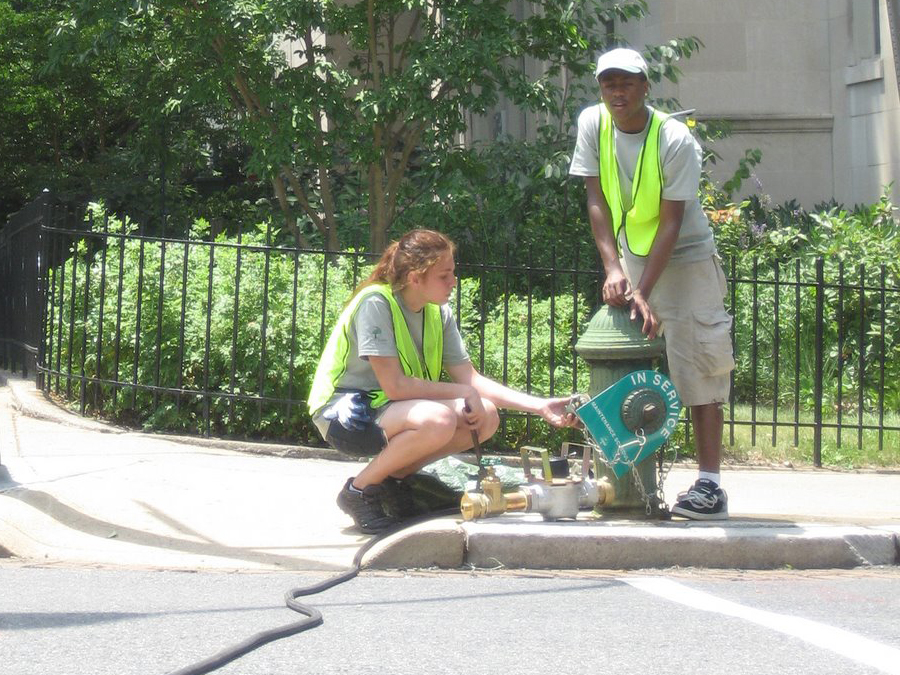Identifying Obstacles/Barriers to Civic Capacity Building
Published March 03, 2013
Since arriving in Miami, I’ve known that it was a city somewhat implacably hostile to change that didn’t stem from big shot developers or “world-class” starchitects (groan). Like many of us, I hear it in passing–the comments about how things will never change, how the corruption is too entrenched, how citizens are too set in their ways and mindsets.
But then I see the reality, which is an ever more energized and engaged citizenry, giving of themselves to create, collaboratively, a better place to live.
The goal of a caring and engaged populace is almost universally shared, from municipal official to municipal resident. The mystery is how.
Part of the problem has to do with political will. Part also has to do with the realistic feasibility of the average citizen navigating municipal bureaucracy as a first step in affecting meaningful local change. Each place has its own unique mix of strengths, opportunities and challenges in these regards.
To focus on the greater Miami area, ioby invites you to join us for a day-long interactive civic hacking symposium. A series of discussions and exercises will help us better understand the barriers to civic betterment and how we can overcome them.
“Tapping” Citizen Energy
An example of one of these obstacles to citizen-led efforts to better our city that I’ve recently run across is the difficulty of accessing communally held and funded resources like water infrastructure. In Washington, DC, civic nonprofits run volunteer events planting over 3,000 trees per year. Once the trees are in the ground, volunteers water them, using a temporary hydrant tap that costs for three days or less just $55/day. For periods from three days to one year, a $700 deposit is all that is due to secure a floating meter and permit.
By contrast, in Miami-Dade, civic groups must pay a non-negotiable $2,500 deposit and must use a floating meter described as too large to fit in the trunk of a car and requiring a truck–a far cry from the modern, sleek and inexpensive floating meter many bike around the city and to water trees in DC.
A $2,500 deposit and truck rental are pretty big barriers to engagement. The disconnect is clear: policies and procedures are designed to serve professional building and landscaping trades as the prime doers, rather than the average citizen.
ioby’s interest is in making it easy to get active for people who want to make their neighborhoods stronger and more sustainable. So, as a first step in building and supporting the capacity for citizen led change, ioby+Miami is securing a long-term lease of a floating meter hydrant tap for use by project leaders and partner events requiring on-site water access.
Do you have ideas for what needs to occur to facilitate citizen- and community-led projects? Contribute your stories and ideas to our launch in Miami. For more information on how to participate, click here.

